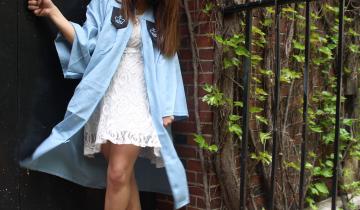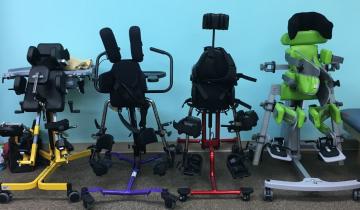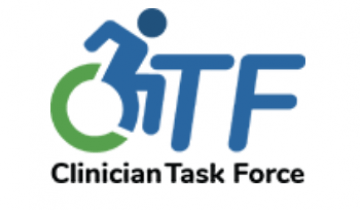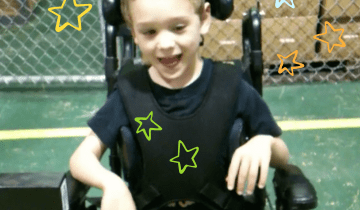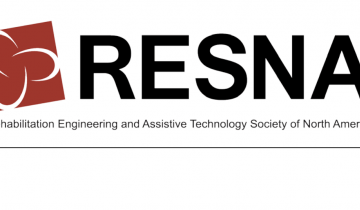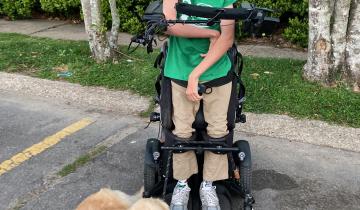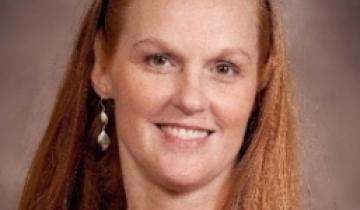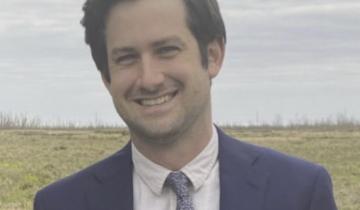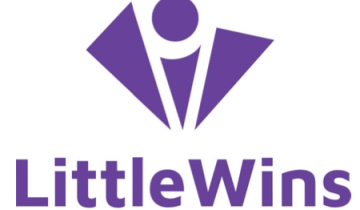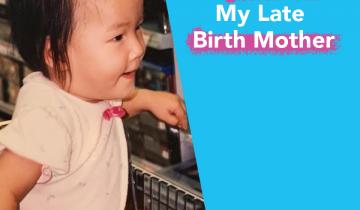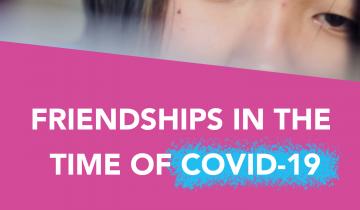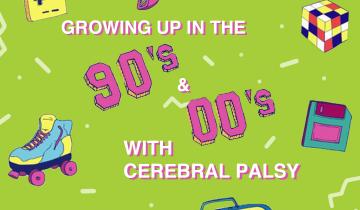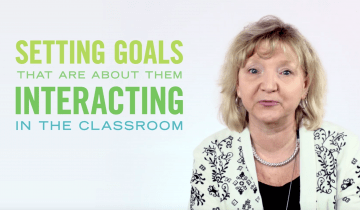As spring approaches, millions of high school seniors get one step closer to their career and to becoming the person they have dreamed about growing into since they were children. Receiving college acceptance letters is one of the most profound experiences in a young adult’s life. Moving out of your childhood home and stepping into the real world is a majorly exhilarating life event.
